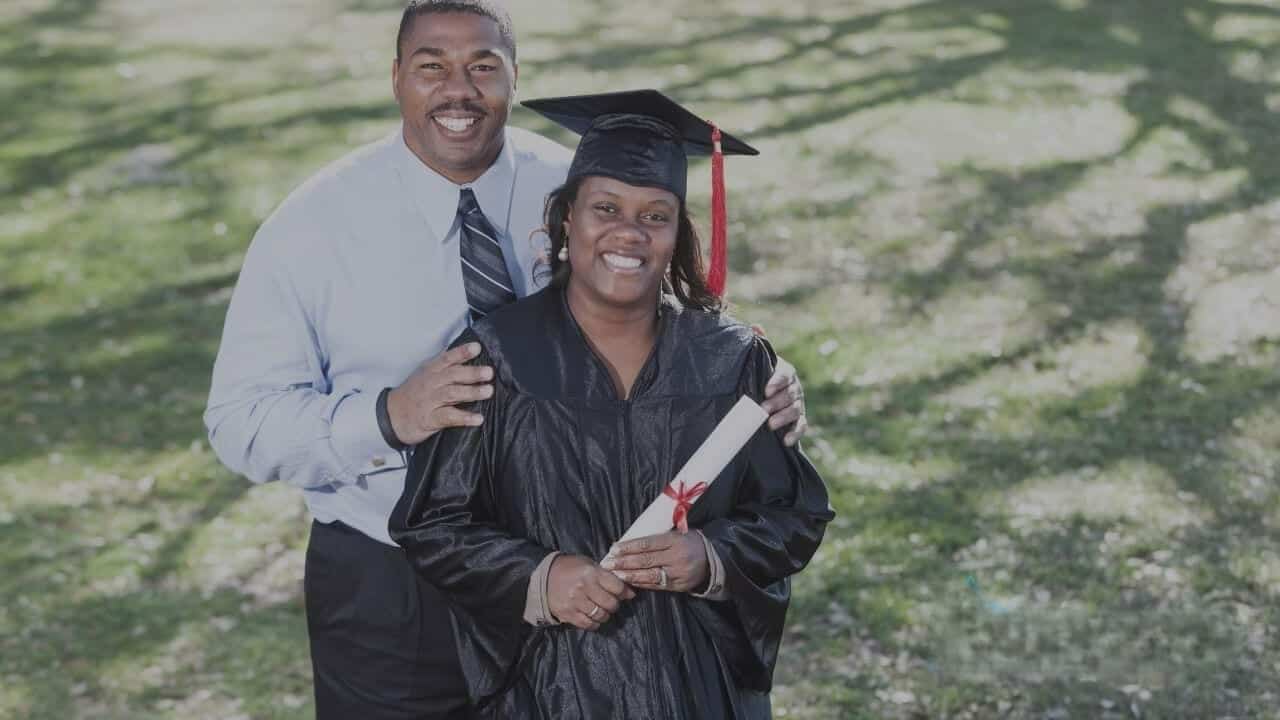In a Chicago divorce, the Illinois law requires the court to divide marital property equitably. This is not necessarily equally but equitably which may very well be equally, but it is important to note that many people believe the law says “equally” when in fact it says equitably.
In order to determine what is equitable, the court takes many factors into consideration such as how long was the marriage, how much does each spouse earn, how likely are they to continue to earn what they are earning, their ages, occupations as well as what each spouses contribution has been to the marriage.
Oftentimes the contribution to the marriage provides an equal and legitimate benefit by the spouse who is a homemaker so that the other spouse can work full time outside of the home. The job of a homemaker is not discounted and is considered as an important job by the court.
However, there are cases when one of the spouses works outside of the home and the other spouse spends years obtaining a college degree or professional license. In that case, if there is a divorce proceeding the spouse working outside the home may argue that the contribution to the marriage was the educational degree or professional license which should be considered marital property.
College Degree or Professional License Not Marital Property
Illinois courts do not characterize college degrees or professional licenses as marital property or even non-marital property, it is not property at all. In the situation above the spouse who earned the degree or license would not have to divide that somehow in the divorce but the court would take into consideration the contribution of the spouse who worked outside the home and supported the family while the other spouse obtained the professional license or degree.
When it comes to “dividing” an educational degree in a divorce, the court would consider the earning potential of the spouse with the degree or professional license. Perhaps one spouse has recently graduated medical school and a residency while the other spouse worked full-time supporting the household contributing to tuition and paying for all of the household expenses.
Presumably, within a few years, the medical doctor will have a very high earning potential that the court would consider and potentially award the other spouse more of the marital estate. This would reimburse the spouse for the contributions made during the marriage.
The courts will generally look to make sure the contributing spouse who supported the other while he or she obtained a lucrative educational degree is somehow compensated.
Marriage of Weinstein Case Addresses a Medical Degree as Marital Property
In the case of Marriage of Weinstein 128 Ill. App. 3d 234, 470 N.E. 2d 551 (1st Dist. 1984) the wife was asking the court to determine that the husband’s medical degree and license was marital property.
Wife argues that Illinois has never definitively resolved this specific issue and urged the court to adopt the view that a spouse’s professional license or degree earned while married is marital property subject to distribution. The Weinstein cases declined to find that the husband’s medical degree and his medical license was marital property and detailed the following:
Twenty-three (23) jurisdictions have considered the appropriate manner in which to distribute the marital assets and award maintenance or other relief when the spouse who engaged in employment in order to support the family unit while the other pursued academic interests argues upon dissolution of marriage that the student spouse’s degree or license constitutes marital property.
Of those 23, 16 have held that the student spouse’s degree or license is not marital property. Four (4) jurisdictions have declined to resolve the specific issue concluding instead that the degree or license is to be considered in determining the distribution of property, maintenance or some form of equitable reimbursement.
3 jurisdictions in which some authority may be found to support the contention that a degree or license may be marital property in certain circumstances and in one state (Michigan) where courts have concluded that a degree or license is to be treated as a marital asset only where there is no marital property to distribute and the contributing spouse is not entitled to maintenance.
Valuing an Education Degree By Future Earning Potential
A majority of courts have refused to accept the argument that an educational degree or professional license is marital property. They justify this result on the grounds that an educational degree or license is not “property” because it cannot be assigned, transferred, sold, conveyed, pledged, or inherited.
The courts that have concluded that a degree or license is marital property have done so with the focus primarily on achieving an equitable result and valuing the degree by the future earning potential.
Even though in Illinois your educational degree or license is not marital property and belongs to the holder, if you are going through a divorce in Chicago or elsewhere in Illinois, the court will look at the degree or license in distributing marital assets equitably, awarding maintenance, awarding a monetary award or other such methods to achieve an equitable solution.
Although an educational degree or license is not classified as a marital asset it is a relevant factor in the distribution of the couple’s marital assets and liabilities.















